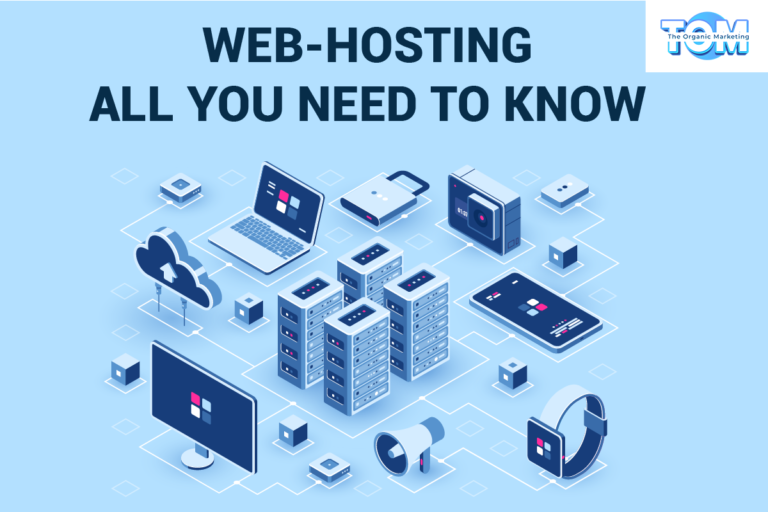Lead Generation Dynamics: Insights and Practices
Lead generation is an indispensable component that molds success in the fast-paced world of business and commerce. In an ever-changing digital ecosystem, lead generation techniques and tactics have experienced substantial modifications, redefining how companies and individuals interact with potential consumers. This comprehensive look explores the multifaceted world of lead generation and the important part it plays in generating sales and growth.
What is Lead Generation?
The process of locating and attracting potential clients, or “leads,” who show an interest in a product, service, or brand is referred to as lead generation. It serves as a link between businesses and their target audiences, allowing for meaningful interactions that nurture and guide potential consumers to become committed customers. A good lead generation strategy focuses on developing and maintaining relationships with people who are more likely to become purchasers.
How Has Lead Generation Revolutionized Due to Digital Transformation?
The digital age has revolutionized lead generation by replacing traditional methods like cold calling and mass mailings with innovative digital techniques like social media, SEO, content marketing, and email campaigns. This interconnected web allows businesses to reach and engage their target audience, enabling deeper personalization and data-driven decision-making.
Lead Generation Approaches
Lead generation can be broadly classified into two approaches:
- Inbound marketing: Inbound marketing methods entail providing great content that naturally draws clients. Businesses may portray themselves as industry experts and acquire audience confidence by providing answers and solving issues.
- Outbound marketing: Outbound marketing entails proactive outreach to potential leads via traditional methods and digital media.
Outbound vs Inbound
- Nature of Engagement: Outbound marketing entails making proactive and direct contact with potential leads. Inbound marketing is concerned with recruiting potential prospects who have previously expressed interest and intent.
- Initiation: In the case of outbound marketing, the brand begins communication with a larger audience, even if they have not demonstrated clear interest. Inbound marketing attracts potential prospects by providing relevant information and tools that solve their pain areas.
- Message Delivery: Outbound messages are frequently broad and may not be personalized to individual tastes. Inbound delivery messages are customized, educational, and suited to the needs of the recipient.
- Response: Outbound marketing can encounter resistance or disinterest if the message does not resonate with the receiver. Since the audience is already interested and engaged, inbound marketing provides a responsive environment for communication.
- Methods: Outbound promotion Cold calling, direct mail, email blasts, telemarketing, and sponsored advertising are all examples of tactics. Blog postings, social media material, webinars, instructive videos, and SEO-driven articles are all examples of inbound marketing approaches.
- Interaction: To develop a relationship and generate interest in outbound marketing, many touchpoints are frequently required. By establishing the business as an industry expert and trusted source, inbound marketing fosters trust and partnerships.
- Personalization: Outbound marketing success is dependent on effectively personalizing messaging to make them relevant and engaging. Inbound marketing is based on knowing the requirements of the audience and providing content that speaks to them.
What are the different Lead Generation Channels?
Lead generation channels cover a wide range of methods that firms may use to attract and engage potential prospects. These are some examples:
- Social Media: Platforms like Facebook, LinkedIn, Instagram, and X allow you to promote your products or services, provide informational content, and communicate with potential clients directly.
- Content Marketing: Blogs, infographics, videos, and podcasts generate valuable content that engages and educates the audience, establishing the brand as a reliable resource.
- Search Engine Optimization (SEO): Website content and structure optimization improves exposure in search engine results, generating organic visitors and possible leads.
- Email Marketing: Personalized email campaigns allow you to communicate directly with prospects by providing relevant information and calls to action.
- Paid Advertising: Online advertisements, pay-per-click campaigns, and social media promotions target certain demographics and direct visitors to specified landing sites.
Advantages of Lead Generation
Lead generation offers a multitude of benefits that contribute to business growth, increased sales, and improved customer relationships. Here are some of the primary benefits of lead generation:
- Increased Sales and Revenue: Lead generation is the process of identifying potential clients who are more likely to be interested in your product or service. You may enhance conversion rates and, as a result, sales and income by targeting these qualified prospects.
- Cost-Effective: Lead generation initiatives, particularly digital ones, can be less expensive than traditional advertising approaches. This is due to the fact that they allow you to target certain demographics, eliminating budget waste on disinterested or irrelevant consumers.
- Better ROI: Lead generation activities that are more focused on contacting potential clients often provide a higher return on investment (ROI) than broader marketing campaigns.
- Improved Customer Targeting: Lead generation allows you to find and target your prospective consumers based on characteristics like demographics, habits, and hobbies. This accuracy leads to more meaningful interactions and increased conversion rates.
- Enhanced Customer Relationships: You may develop trust and solid relationships with your audience by delivering good information and connecting with potential leads throughout their buyer’s journey. This might result in recurring purchases from loyal customers.
- Data-Driven Insights: Lead generation yields useful information on client habits, preferences, and interactions. This information may be used to fine-tune your marketing efforts, improve consumer experiences, and make sound business decisions.
- Wider Brand Awareness: Lead generation can aid your brand gain awareness and familiarity within your target demographic. Your brand gets more recognizable and relevant as you regularly engage and deliver value to potential prospects.
- Shorter Sales Cycles: When you choose customers that are already interested and engaged, you may substantially reduce the sales cycle. The prospective buyer is already knowledgeable about your offers, which makes the decision-making process easier.
- Increased Market Share: Successful lead generation tactics assist you to grab a greater market share by discovering and converting potential clients who would not have known about your brand otherwise.
- Supports Other Marketing Efforts: Lead generation supplements other marketing activities such as content marketing, social media campaigns, and email marketing by delivering a regular supply of potential clients with whom to connect.
- Nurtures Prospects: Lead generation entails gradually nurturing potential clients and helping them through the buyer’s journey. This nurturing process guarantees that leads are well-informed and more inclined to purchase.
Lead generation has become essential to present business approaches since it connects companies with customers while also driving growth, gaining a competitive advantage and prospering in a competitive industry.
To get your hands on best lead generation strategies for your business from the market experts, contact The Organic Marketing today.




